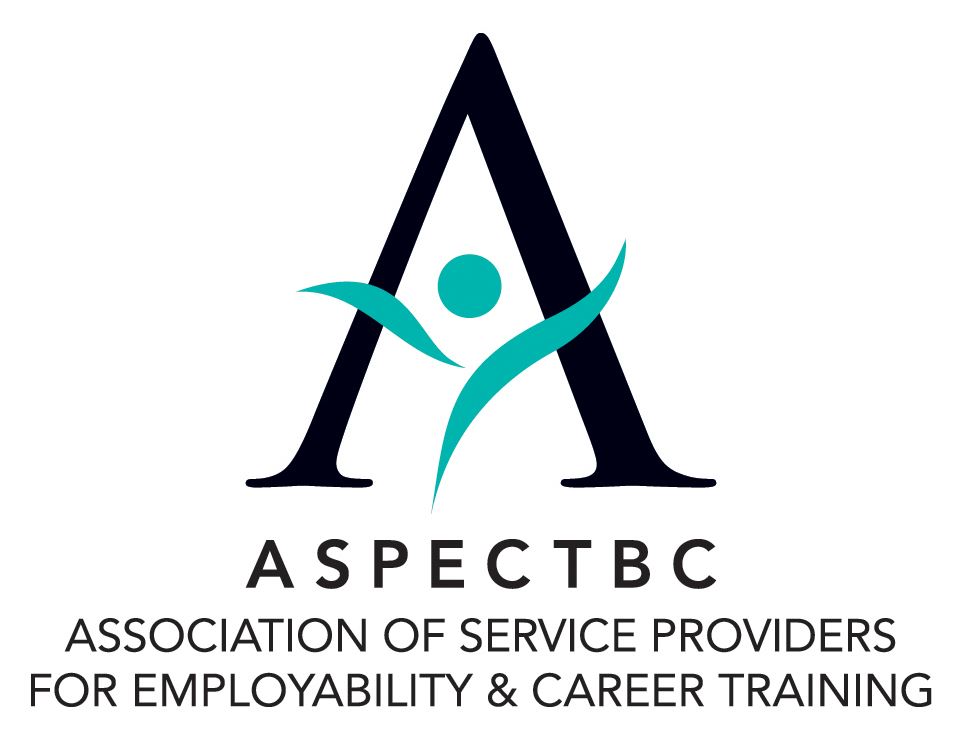I don't mean to sound alarmist, but we are in a situation critical throughout the province to recruit and retain staff for ASPECT member employment service providers (ESPs). According to a recent Labour Market Information Council post, the tight labour market is here to stay. Our sector, however, has huge competition for labour, and it's coming from our funders, who directly control how much we can pay our staff. One employer at a recent member meeting exclaimed that ESPs "are becoming the training ground for government," and in the current environment, we are powerless to remedy the situation.
Why are ESP staff leaving?
The recent public service and institution union pay increases, municipal pension plan, and the promise of long-term employment outside of the contracting environment are noted as the top reasons for staff leaving. Add to that rising costs, job burnout, and, in some contracts, an increased and unnecessary burden of administration is of concern. The complexity of the work required to deliver employment programs has made it especially difficult to recruit and retain qualified staff, and the lack of flexibility within existing ESP contracts makes it impossible to compete in today's labour market.
Even as I write this, I'm feeling a bit panicky about the situation.
What is ASPECT doing about this?
Our recent report, Refocusing the Urban Lens for Rural & Remote Employment Services, outlines some of the challenges ESPs face in recruiting and retaining staff (see Section 2, page 21). We have shared this report with funders and are working with the Rural and Remote committee to expand it by offering case studies to support our study, continuing to advocate on this issue.
We are also working on a new report with the WorkBC Advisory Committee to identify solutions to improve the current program and reduce administrative challenges. We hope to have the report out in early 2023.
ASPECT is contributing to the Social Services Sector Training and Education Plan project, led by the BC Friendship Centres and the Federation of Community Social Services of BC. We also work on the Social Services Sector Roundtable Reference Group, in which the recruitment and retention of staff is a top priority. The challenges faced by employment services are shared by other social care contractors.
Finally, we are supporting the work of the Canadian Career Development Foundation and their development of the Canadian Career Development Centre to deliver onboarding training for new career development practitioners. The hope is that these courses will remove some of the time and costs associated with onboarding new staff from outside of employment services.
We still have a lot of work to do on this challenging issue and continue to work with our colleagues in the public service to help them design thoughtful programs that support the clients and communities while ensuring that our social safety net is strong.
What do we need help with?
We need funders to design programs that are service-driven versus cost-driven. This means ensuring that ESPs have the funding in their contacts to adequately support the work and, when a contract is awarded, refrain from renegotiating it in a way that undermines staffing. We need existing contracts to be amended to allow for increased pay for employment service providers. When many of these contracts were awarded, the labour market was different than it is today. Possible future contact extensions must have funds available for ESPs to increase pay for their staff and allow more flexibility in contracted staffing requirements.
It is a complex situation that appears to be getting worse. In addition to finding innovative solutions to parts of the problem, the simple solution is more money for employment service contractors.
Janet Morris-Reade, CEO
ASPECT BC
